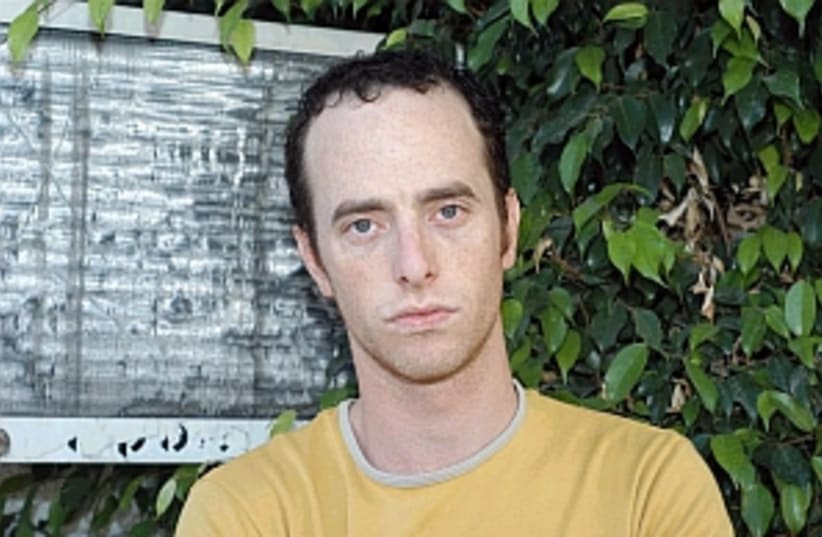| More about: | Kafr Qara, Netanya, Israel, Hebrew language |
Joint Jewish-Arab school teaches coexistence
Barak Heymann's documentary film "Gesher al HaWadi" is about a joint Jewish-Arab school in Wadi Ara.


| More about: | Kafr Qara, Netanya, Israel, Hebrew language |